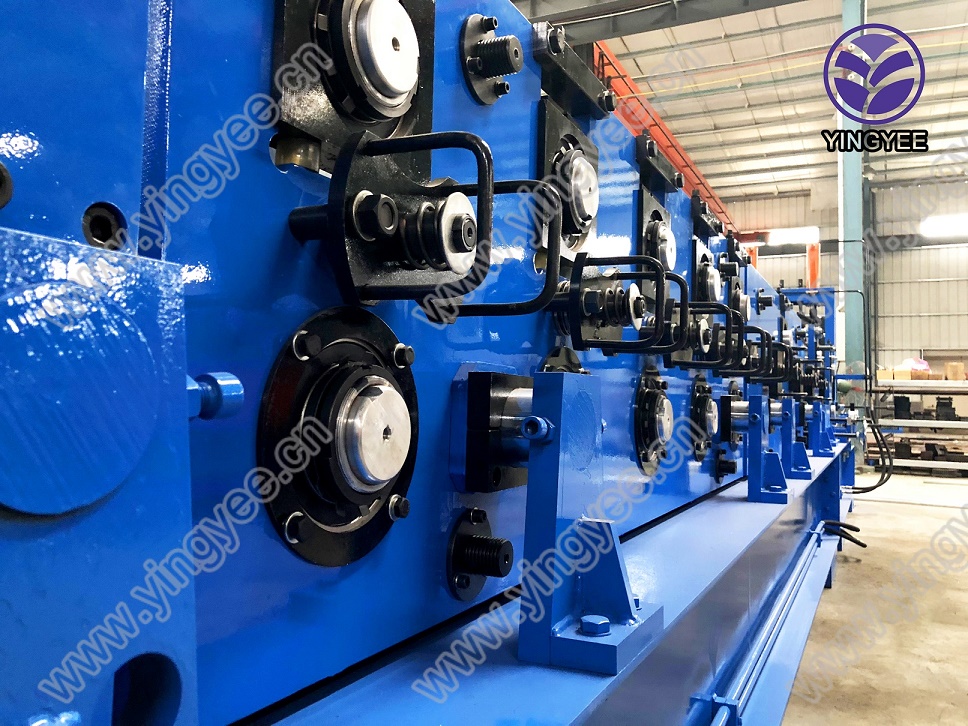
Exploring the Benefits of Rolling Forming Machines
Rolling forming machines are advanced tools used in the manufacturing sector to create precise shapes and profiles from sheet metal or other materials. Through a continuous bending operation, these machines efficiently transform flat metal strips into complex structures, making them invaluable in various industries including construction, automotive, and aerospace.
One of the primary advantages of rolling forming machines is their ability to produce consistent and accurate shapes. Unlike traditional machining processes, which can result in variances between individual parts, rolling forming maintains uniformity due to the continuous nature of its operation. This is particularly important in sectors where precision is paramount, such as in the production of automotive body panels or structural components for buildings.
The efficiency of rolling forming machines cannot be overstated. By feeding a continuous strip of metal through a series of rollers, manufacturers can create long sections of material without interruption. This leads to reduced waste and minimized production time. The ability to create long lengths of profilings, such as rails or channels, makes rolling forming especially advantageous for projects that require large quantities of a specific shape.

Another significant benefit of rolling forming technology is its adaptability. These machines can be customized to produce a wide variety of profiles, from simple shapes to complex designs. Manufacturers can easily change the tooling to accommodate different specifications, allowing for quick adjustments in production lines. This flexibility makes rolling forming an ideal solution for companies that require both high-volume production and the ability to rapidly switch between different product lines.
In addition to efficiency and adaptability, rolling forming machines also offer enhancements in material utilization. By rolling metal into shape, manufacturers can achieve higher yield rates from the raw material compared to other processes. This not only reduces costs but also lessens the environmental impact of manufacturing, aligning with the increasing demand for sustainable practices in industry.
Furthermore, advancements in technology have led to the development of automated rolling forming machines equipped with programmable controls. These innovations enable manufacturers to achieve greater precision and control over the forming process, making it possible to create even more intricate designs with ease. Such enhancements also improve safety and reduce labor costs, as operators can oversee multiple machines while relying on automation for quality assurance.
In conclusion, rolling forming machines represent a significant advancement in metalworking technology, offering a combination of precision, efficiency, adaptability, and sustainability. As industries continue to evolve and demand higher standards for their products, the role of rolling forming machines is likely to expand. Companies that invest in this technology stand to gain a competitive edge, harnessing the benefits of modern manufacturing techniques to meet customer needs and drive innovation in their respective fields. Whether for large-scale production or specialized applications, rolling forming machines are essential tools that pave the way for the future of manufacturing.